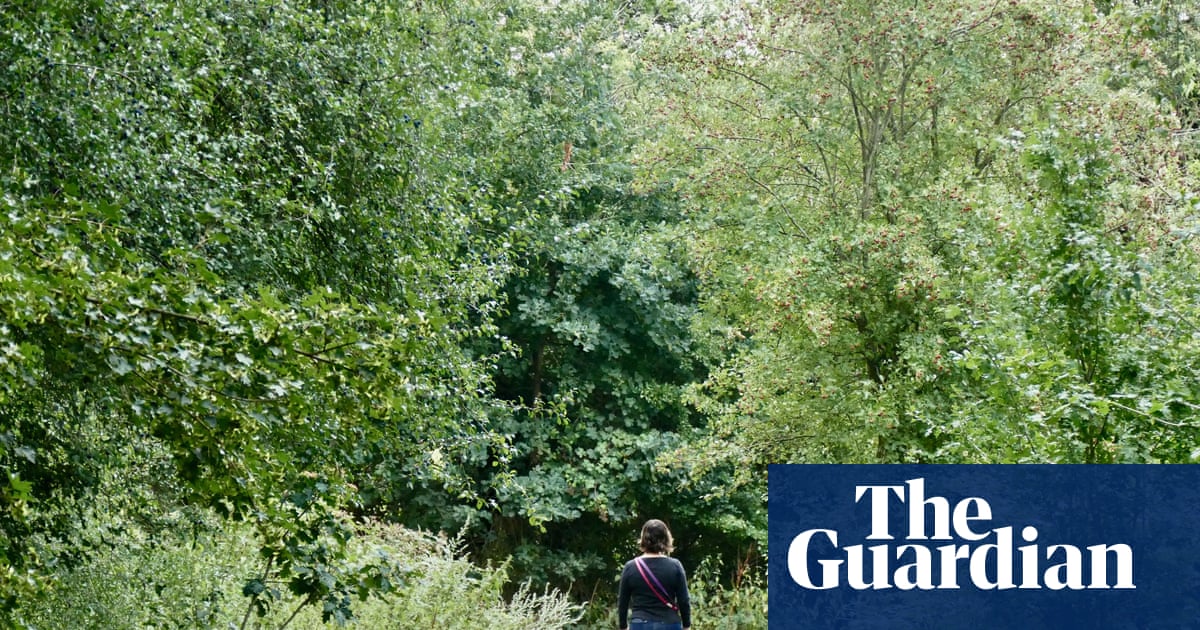
"People's connection to nature has declined by more than 60% since 1800, closely mirroring the disappearance of nature words from books and environments."
"Computer modelling predicts ongoing declines in nature connectedness without significant policy changes and interventions, highlighting the role of childhood engagement with nature."
"Parental nature connectedness is the strongest predictor of a child's future connection to the natural world, emphasizing the need for cultural shifts."
"To reverse the decline in nature connectedness, increasing urban biodiversity and transforming societal approaches is essential for both mental health and environmental well-being."
Since 1800, people's connection to nature has declined over 60%, reflected in fewer nature-related words in literature. Computer modelling suggests that without significant policy changes, this trend will continue. Key interventions include early exposure to nature for children and urban greening. Analysis of historical and contemporary data reveals a sharp decline in nature engagement, particularly parental involvement in fostering nature appreciation. This disconnect is considered a root cause of environmental issues and affects mental health. The study emphasizes the need for transformative societal changes to restore connections with nature and create biodiverse green spaces.
Read at www.theguardian.com
Unable to calculate read time
Collection
[
|
...
]